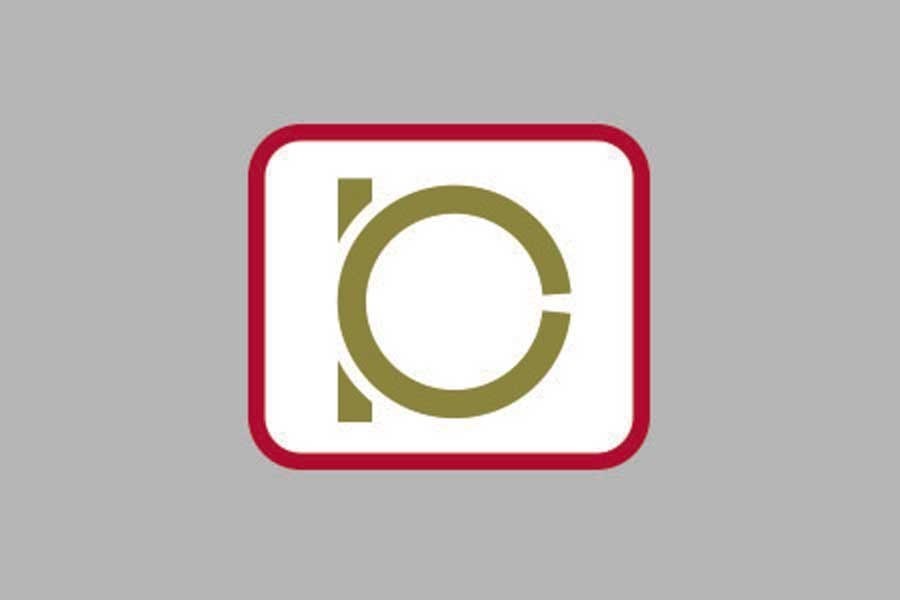Falling global fuel-oil price now cuts Bangladesh Petroleum Corporation (BPC) losses and could start making profit in marketing petroleum products but for deep devaluation of the local currency.
Had the Bangladeshi Taka (BDT) not been deeply devalued, the state-run BPC would make profit as the prices of petroleum products were on a downturn over the past one month, a senior BPC official told the FE Tuesday.
He said despite all odds, the losses in diesel sales came down to only Tk 8-9 per litre.
The BPC is, however, counting a profit of more than Tk 30 per litre in octane trading and 25 per litre in petrol trading, he said, without disclosing the details on the present overall fiscal position of the corporation after steep across-the-board hikes in fuel prices.
The price of Brent crude, the benchmark in international oil price, dipped to around US$ 84 per barrel last week, much below the level it was before the Russia-Ukraine war, industry-insiders said.
The indices dropped by around US$ 14 per barrel from the price on August 30, 2022 when the government reduced the prices of diesel, octane, petrol and kerosene by Tk 5 per litre-after the hikes.
Brent crude price on August 30 was around US$97.84 per barrel and it was around US$95 per barrel when the Russia-Ukraine war started late February this year.
Brent crude price on August 5 was around US$94 per barrel when the government had hiked petroleum prices by up to 51.68 per cent.
The Brent crude went as high as US$ 129 per barrel last month as fallout from the Russia-Ukraine war.
Over a month back, the BPC could purchase petroleum products by settling letter of credit (L/C) at around Tk 95 per US dollar, but currently it has to count Tk 105-107, said the official.
On August 5, the government had raised the mostly-used diesel and less-used kerosene prices by 42.5 per cent to Tk 114 per litre from the previous Tk 80 per litre.
It also had raised the price of octane by 51.68 per cent to Tk 135 per litre from previous Tk 89 per litre and petrol price by 51.16 per cent to Tk 130 per litre from previous Tk 86 per litre.
Following widespread protests, the government on August 30 re-fixed the price of diesel and kerosene at Tk 109 per litre, octane at Tk 130 per litre and petrol at Tk 125 per litre.
Currently, the BPC itself fixes the domestic prices of a number of petroleum products, which include furnace oil, jet fuel, bunker fuel and marine fuel, most of which have less direct reflection on commoners.
So, the BPC does not incur loss on such petroleum products, market- insiders said.
Diesel is the key petroleum product that the BPC imports from the international market most, followed by furnace oil and octane.
Among other major petroleum products, BPC also imports octane, jet fuel, furnace oil and marine fuel to meet domestic demand.
The corporation currently imports around 5.0 million tonnes of diesel, 1.30 million tonnes of crude oil, 600,000 tonnes of jet fuel, 300,000 tonnes of octane, 500,000 tonnes of furnace oil and 120,000 tonnes of marine fuel annually.
The BPC alone procures around 85 per cent of the country's oil requirement, with the rest by the private sector.
Furnace oil is mostly used in power plants in the country, most of which is imported by privately-owned power plants.
Private sector imports around 32 million tonnes annually to generate around 5,500 megawatt (MW) of electricity.
They get 9.0-per cent service charge as incentives to import furnace oil on their own.


